At the Heart Series, Creative Minds Comes Together to Share How to Leverage Business to Better the World
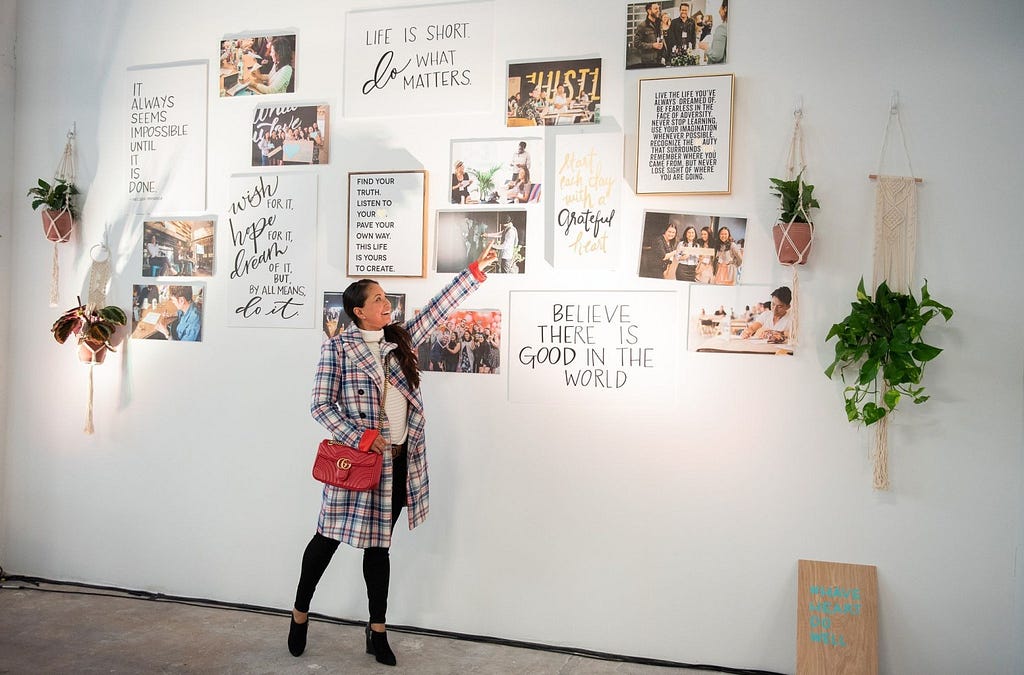
By Julia Wu
The Heart Series is an annual conference focused on business and bettering the world. Leaders from across the United States gather to exchange best practices, find inspiration, gain new knowledge, and channel their creativity, all while connecting with other top execs. This year’s event was no different than years past. The 2019 conference took place February 14–15, with a free kickoff bonus day open to the public on February 13, intended as a giveback to the community in honor of the event’s fifth anniversary. All three days were presented in partnership with and took place at ROW DTLA, Los Angeles’ emerging hub for art, culture, and experience.
Here are five big ideas discussed at the Heart Series 2019 that all conscious business leaders can apply to their work to stay on course and better the world.
Conscious Company Media is part of the community of Certified B Corporations. Learn more about this growing movement of people using business as a force for good, and sign up to receive the B the Change Weekly newsletter for more stories like this one, delivered straight to your inbox once a week.
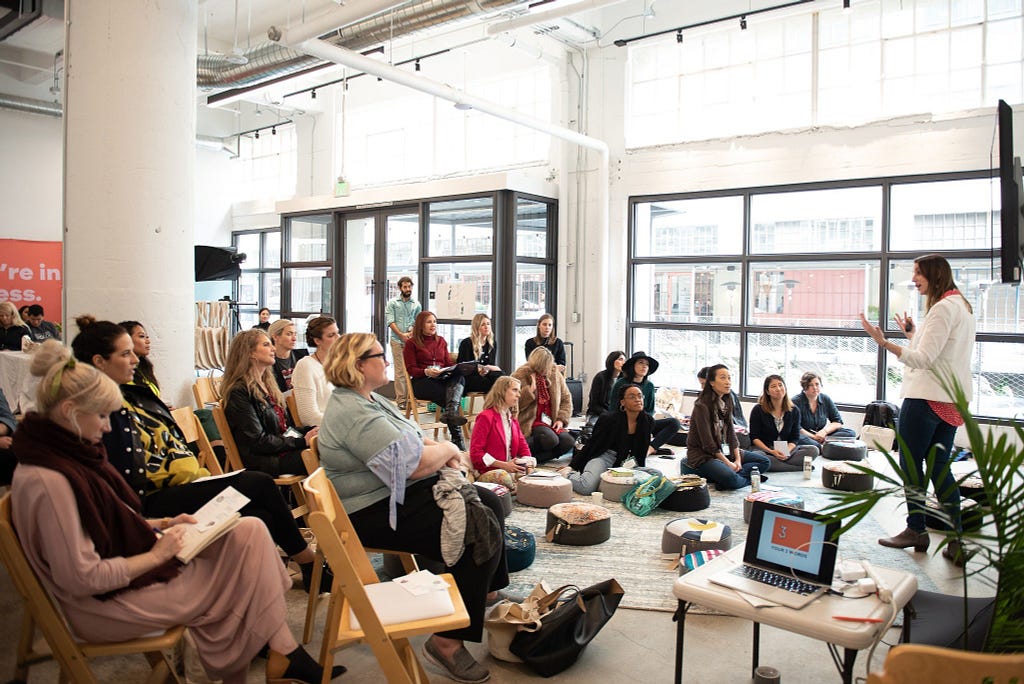
1. “Doing good in the world should be a cost of entry for businesses, not a trend.”
Brad Haugen, president of the media company ATTN:, shared this insight in his speech on the state of business during the first day of the conference. More and more, we are seeing that conscious companies are successful. Consumers, especially millennials, are demanding more from brands. They want and expect companies to act ethically and sustainably, and they will support those that do. With the power to make change and the economic interest on their side, companies should see work to improve our world as strategic and necessary.
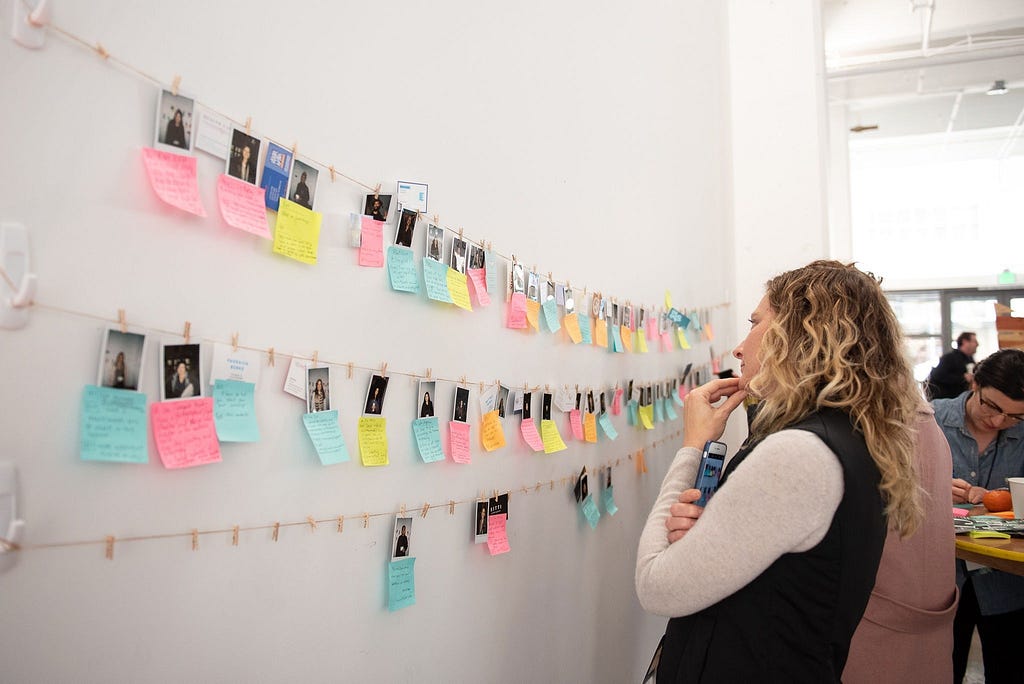
2. “We should be able to do well and do good. It doesn’t have to be a dichotomy.”
Justin Wolff, chief giving officer of Yoobi, touched upon this topic during a panel titled “Doing What You Love, and Doing Good Too” during the special fifth anniversary public day of programming. For a long time, being generous or socially conscious often came at a personal cost: You weren’t able to do good for the world while also doing well for yourself. Yet, with the rise of social enterprise, this traditional trade-off is disappearing. We should all be pushing each other and the businesses we interact with to do better. It’s time our priorities change in the direction of supporting those who work with purpose.
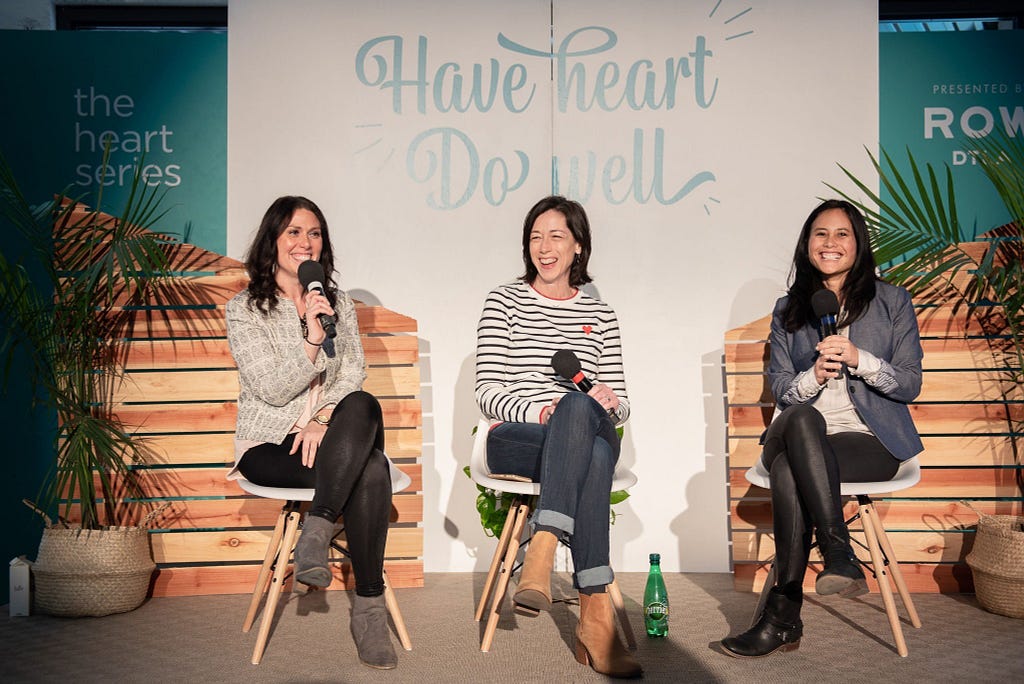
3. “Take risks. Know there will be critics. Take a stand anyway, and put money behind it.”
The road to making a better world is never perfectly smooth. That’s why we love this idea, shared by Amy Smith, chief giving officer of TOMS, as she discussed the future of business and bettering the world. Corporations are beginning to take a stand on social and political issues, and consumers are showing up — in huge numbers — with their support. TOMS donated $5 million toward ending gun violence last fall and launched a campaign and tour to engage the public.
Scot Tatelman, co-founder of STATE Bags, spoke of his experience in this sphere while creating the company’s #WhatDoWeTellTheKids platform, which takes initiatives on social issues such as water contamination in Flint, Michigan, the Black Lives Matter movement, and LGBTQ rights. While these types of actions previously may have been considered business risks, they’ve been well-received by consumers, and even more, they’re establishing precedent for how businesses should be striving to do good. To quote Blake Mycoskie, founder of TOMS, “We can’t afford to wait.”
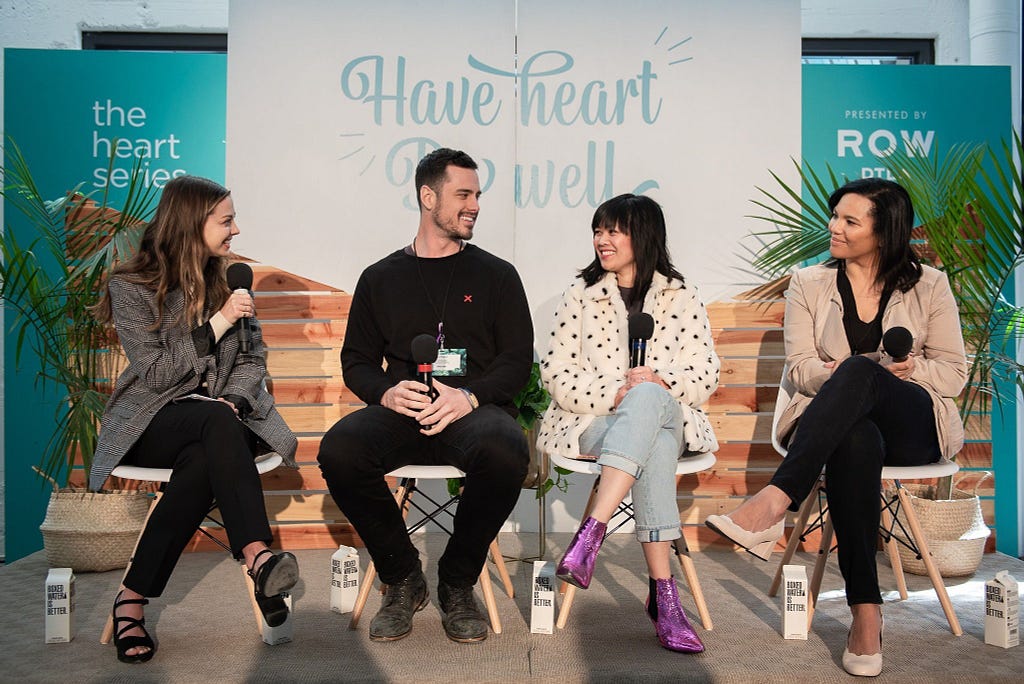
4. “Don’t underestimate the power of storytelling.”
Sara Link, director of societal impact for Verizon, spoke this year about the power of harnessing storytelling to connect with consumers. “In addition to sharing the data and metrics around your company’s [corporate social responsibility] impact, people relate to the authentic stories that matter to them and shine a light on the issues you are trying to solve,” Link shared.
Research supports her point: In one study, Cone Communications found that “87 percent of consumers said they’d purchase a product because a company advocated for an issue they cared about.” Developing this connection is more powerful than ever because, as Adam Garone, co-founder of Movember pointed out, brands are now able to speak directly with their customers. By sharing stories that people are passionate about, businesses are able to amplify their impact while building brand loyalty and trust.
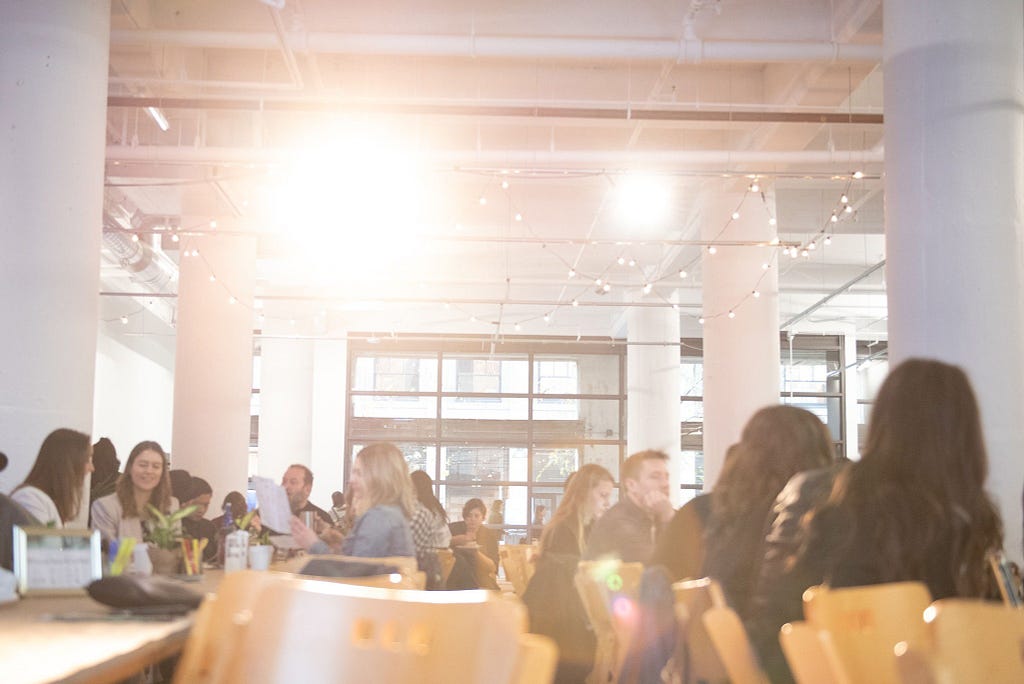
5. “Life is short. Do what matters.” And let’s do it together!
Attendees left the Heart Series feeling “thankful,” “connected,” and “inspired” — to pull a few words from tweets shared using the event’s meaningful hashtag, #HaveHeartDoWell.
In the wise words of Kohl Crecelius, CEO and co-founder of Known Supply, “We’re in a time where radical collaboration is needed.” Connecting in these spaces like the Heart Series reminds us that we don’t have to take on the world’s challenges alone — and that we shouldn’t.
Pooling our skills, experiences, and passions will build an unstoppable community capable of creating monumental, extraordinary change. We’re working toward the day when social good becomes fully intertwined with business and compassion is built into every part of our lives. In the meantime, we should continue supporting others with this same goal.
This article was originally published by Conscious Company Media. B the Change gathers and shares the voices from within the movement of people using business as a force for good and the community of Certified B Corporations. The opinions expressed do not necessarily reflect those of the nonprofit B Lab.

5 Lessons From the Heart for Leaders of Purpose-Driven Businesses was originally published in B the Change on Medium, where people are continuing the conversation by highlighting and responding to this story.
Source: B the Change
